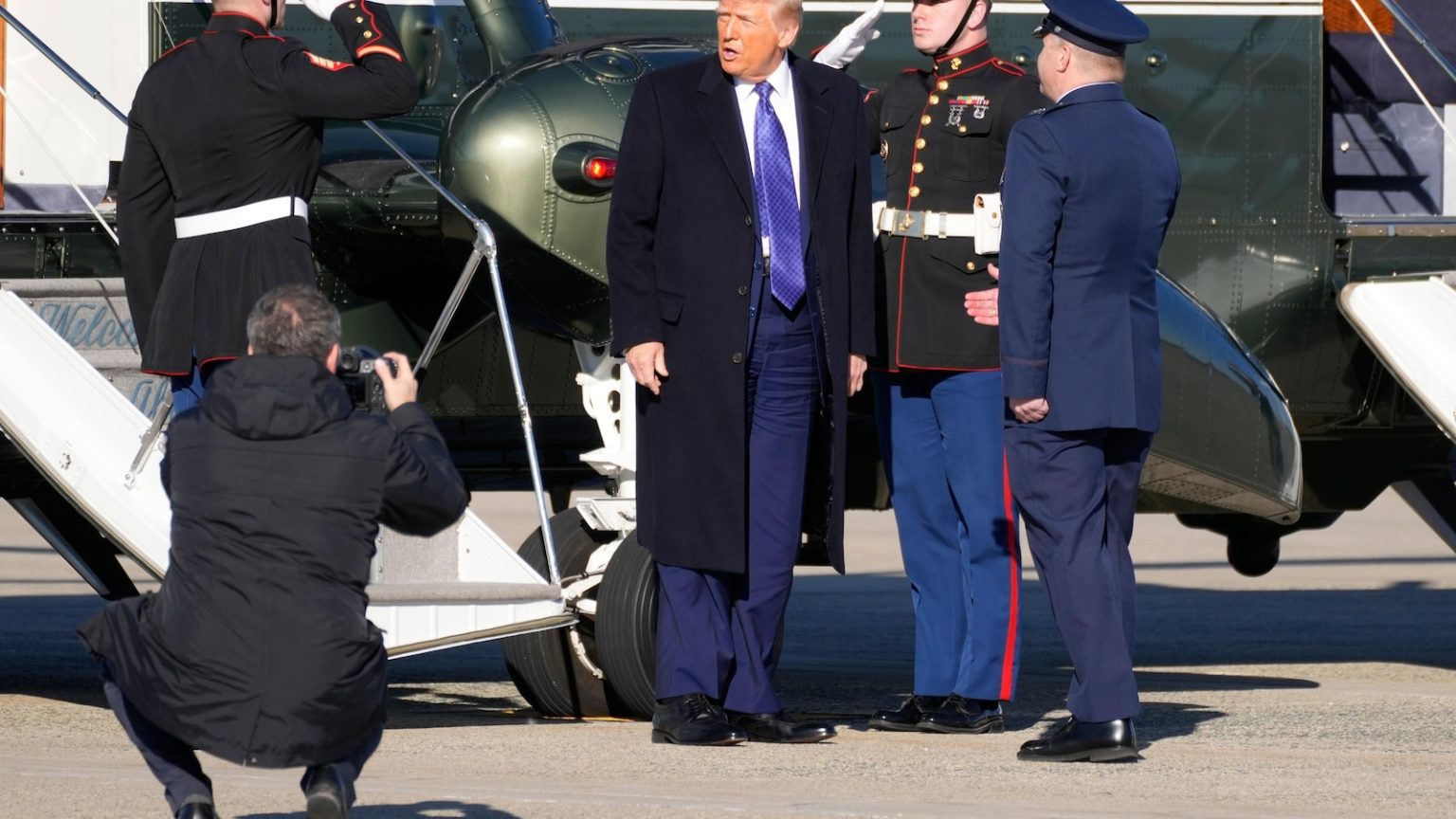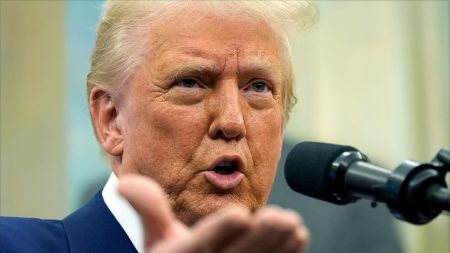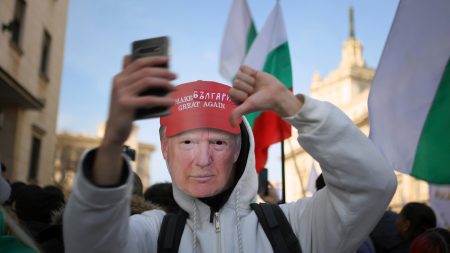The White House’s decision to bar an Associated Press (AP) reporter and photographer from boarding Air Force One due to a dispute over the naming of the Gulf of Mexico raises significant concerns about press freedom and governmental influence over media coverage. This incident reflects a broader tension between the Trump administration and the media, highlighting issues of editorial independence and access to governmental events.
-
The Naming Dispute and Press Freedom:
- The AP’s stance to continue referring to the body of water as the Gulf of Mexico, while acknowledging Trump’s preferred name, Gulf of America, is rooted in tradition and its global audience. This decision is defended as an editorial choice protected by the First Amendment.
- The White House’s action to restrict access over this issue is seen as retaliatory, potentially infringing on press freedom. The administration claims the right to limit access to events with space constraints, arguing that the First Amendment does not guarantee unfettered access.
-
Support from the Journalism Community:
- Major outlets like The New York Times and Washington Post have expressed solidarity with the AP, emphasizing the importance of press access and condemning the administration’s actions as undermining constitutional principles. This unity underscores the broader implications for journalism and democracy.
-
Broader Context and Implications:
- The incident fits into a pattern of Trump’s administration being critical of the media, with past labeling of media as "fake news" or enemies of the people. This action raises concerns about the erosion of press protections and the potential for future restrictions based on editorial content.
-
Legal and Strategic Considerations:
- The administration’s nuanced approach of restricting access to specific events while maintaining AP’s White House credentials avoids outright bans. However, using access as a tool to influence coverage may challenge First Amendment rights, potentially leading to legal scrutiny.
- Global Implications and Precedent:
- The incident draws parallels with tactics used in authoritarian regimes to control media narratives. It highlights the importance of a free press in democracy and the need for vigilance against actions that could undermine these liberties.
In conclusion, this incident is a microcosm of the struggle for press freedom in the U.S., with the AP’s exclusion from Air Force One symbolizing the administration’s willingness to influence media coverage. The response from the journalism community serves as a reminder of the collective commitment to democratic principles and the need to protect these rights against encroachment.















